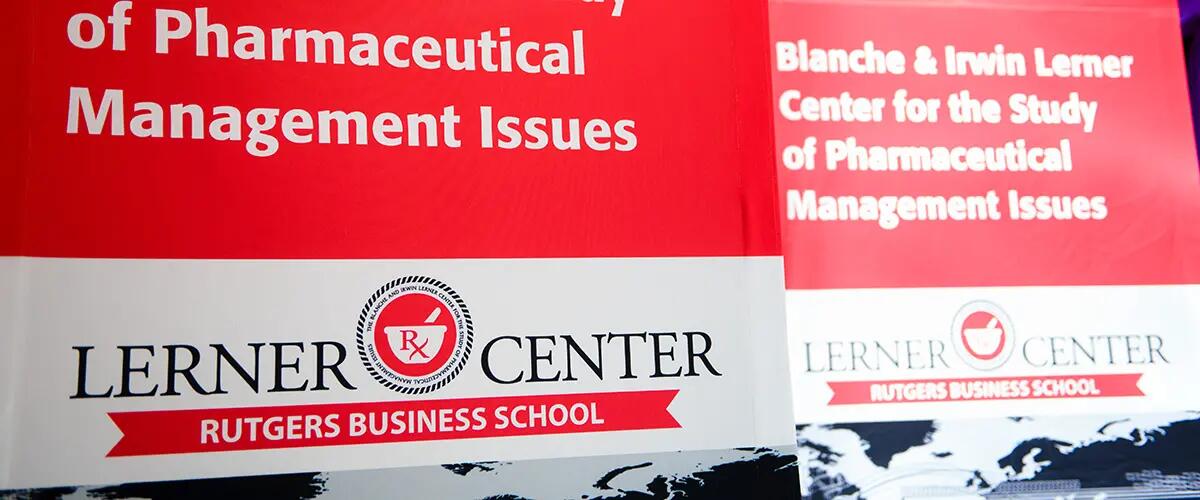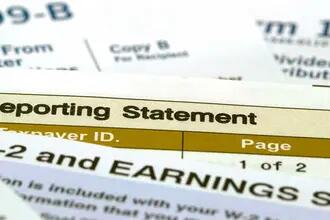
Ruling by federal appeals court creates new wrinkle for pharmaceutical industry and authorities
A recent decision by a federal appeals court has put a new spotlight on the pharmaceutical industry’s controversial off-label marketing practices by providing the industry – if the ruling holds up – with some constitutional leeway when its sales reps promote medicines for unapproved uses.
The Dec. 3 decision by the U.S. Court of Appeals for the Second Circuit to overturn the conviction of a drug salesman who allegedly promoted a narcolepsy drug for an unapproved use throws a twist into a legal issue that has overshadowed the industry for years. “The impact is unclear,’’ said Rutgers Business School professor Michael Santoro. “If you take it at its most serious level, it could create the potential for pharmaceutical companies to move into the area of off-label marketing very strongly.
In a split decision, the three-member panel said the First Amendment protected the drug maker’s sales rep right to speak truthfully about the medicine’s unapproved uses. The surprising ruling overturned a lower court’s conviction of the salesman. Santoro, a professor of management and global business at Rutgers Business School, provided a perspective on the ruling and what it could mean for the industry. He has been teaching in the business school’s pharmaceutical management program for more than a decade.
“I think companies will look at this very, very carefully,” Santoro said.
Medicines are used off-label when physicians prescribe them to patients for conditions other than what they’re approved to treat. That happens routinely and it’s legal. However, it’s not legal when a pharmaceutical company promotes a drug for uses that have not been approved by the Food and Drug Administration. For instance, under the federal government’s Food, Drug and Cosmetic Act, a pharmaceutical company, isn’t allowed to promote a medicine as a pain treatment if it’s approved only by the FDA to treat seizures.
The federal government has recently prosecuted industry giants, including Pfizer and Merck, for marketing their medicines improperly. Last year, British drug maker GlaxoSmithKline agreed to pay $3 billion to settle allegations about its marketing practices. In documents filed with securities regulators earlier this year, Johnson & Johnson said it had signed a tentative agreement with the U.S. Department of Justice over charges the company illegally promoted its anti-psychotic drug Risperdal. That case is expected to cost Johnson & Johnson as much as $2.2 billion to settle.
“One of the ironies of this ruling is that it comes on the heels of court settlements of billions of dollars,” Santoro said. “Going forward, it has the potential to throw a wrench into how these settlements have been going. In some broad sense, it represents a victory for industry against the broad onslaught of litigation against it.”
Santoro described the Second Circuit’s ruling as a reflection of a broader trend against regulation of business. “This came out of the blue,” he said.
Santoro said he believes the pharmaceutical industry is more likely to seek clarity from the U.S. Supreme Court rather than rush out to launch new advertising campaigns. “It doesn’t seem like there’s much to be gained,” he said. “One of the most important factors is that there’s this difference of opinion now, that’s the conundrum of the case.”
-Susan Todd
Press: For all media inquiries see our Media Kit


